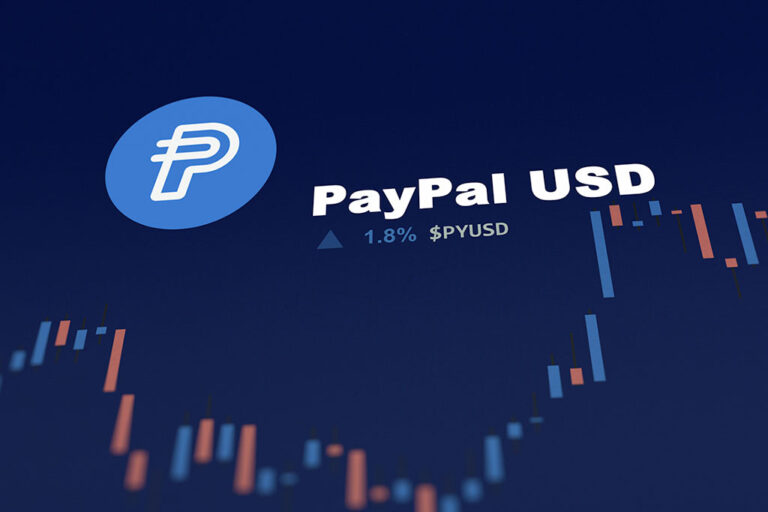PayPal has integrated LayerZero with its USD stablecoin (PYUSD) for faster transfers between Ethereum and Solana.
In a statement on Tuesday, financial giant PayPal announced that its USD stablecoin PYUSD $1.00 24h volatility: 0.0% Market cap: $834.72 M Vol. 24h: $37.26 M has now started using LayerZero to facilitate easy transfers between the Ethereum and the Solana blockchain networks.
As per the statement from the firm, “The integration eliminates liquidity fragmentation and ensures fast, secure, and cost-effective transactions for both users and businesses”. As of now, the total weightage of PYUSD on the Ethereum market cap remains relatively unchanged at nearly $350 million. However, the stablecoin’s supply on Solana has dropped sharply, falling from over $660 million in August to $186 million.
Speaking on yesterday’s development, Jose Fernandez da Ponte, PayPal’s senior vice president of blockchain, cryptocurrency, and digital currencies, said: “We believe that PYUSD holders will welcome the flexibility and convenience offered by LayerZero.”
For swift transfers between the Ethereum and Solana networks, the PayPal USD stablecoin will leverage LayerZero’s Omnichain Fungible Token, or OFT. LayerZero Labs’ CEO Bryan Pellegrino said:
“The OFT standard unlocks a new level of interoperability for stablecoins. By using LayerZero, PYUSD can move seamlessly between Ethereum and Solana, helping holders move their tokens between chains to use how they want and when they need to.”
Stablecoin Supply Expands after US Election
Over the past week, ever since the US election results and victory of Donald Trump, the circulating supply for Tether’s USDT USDT $1.00 24h volatility: 0.0% Market cap: $144.36 B Vol. 24h: $44.11 B and Circle’s USDC USDC $1.00 24h volatility: 0.0% Market cap: $60.06 B Vol. 24h: $5.78 B has surged by a staggering $5.4 billion. According to TradingView, USDT tokens in circulation rose by $3.8 billion over the past week, reaching a new record of $124 billion. Meanwhile, USDC’s supply increased by $1.6 billion, bringing it close to $37 billion.
Huge amounts of funds are being pumped into the crypto market!
In the past 24 hours, ~1.25B $USDT flowed from the #TetherTreasury to exchanges! pic.twitter.com/R7Roi87lca
— Lookonchain (@lookonchain) November 13, 2024
This growth in the stablecoin supply is usually a positive sign for the crypto market as it signals higher purchasing power. Stablecoins, primarily pegged to the US dollar, provide essential liquidity for crypto trading, acting as “dry powder” for asset purchases on exchanges.
Tether’s USDT is the most liquid stablecoin in the global market while Circle’s USDc is popular within the US market and among exchanges like Coinbase. As said, the recent surge in the stablecoin growth comes amid rising crypto market activity following the Donald Trump victory last week. Thus, this move from PayPal USD stablecoin comes at the right time when the market demand is soaring.
According to DefiLlama data, native USDC supply on the Solana SOL $130.7 24h volatility: 5.1% Market cap: $67.44 B Vol. 24h: $4.74 B network increased by 14% over the past week, reaching nearly $2.9 billion, driven by a resurgence in transaction volumes and revenues across Solana-based DeFi protocols.
Meanwhile, USDT supply on the TON blockchain hit a new high of $1.1 billion, rising 10% as users continued to explore the growing ecosystem centered around the messaging app Telegram.
next